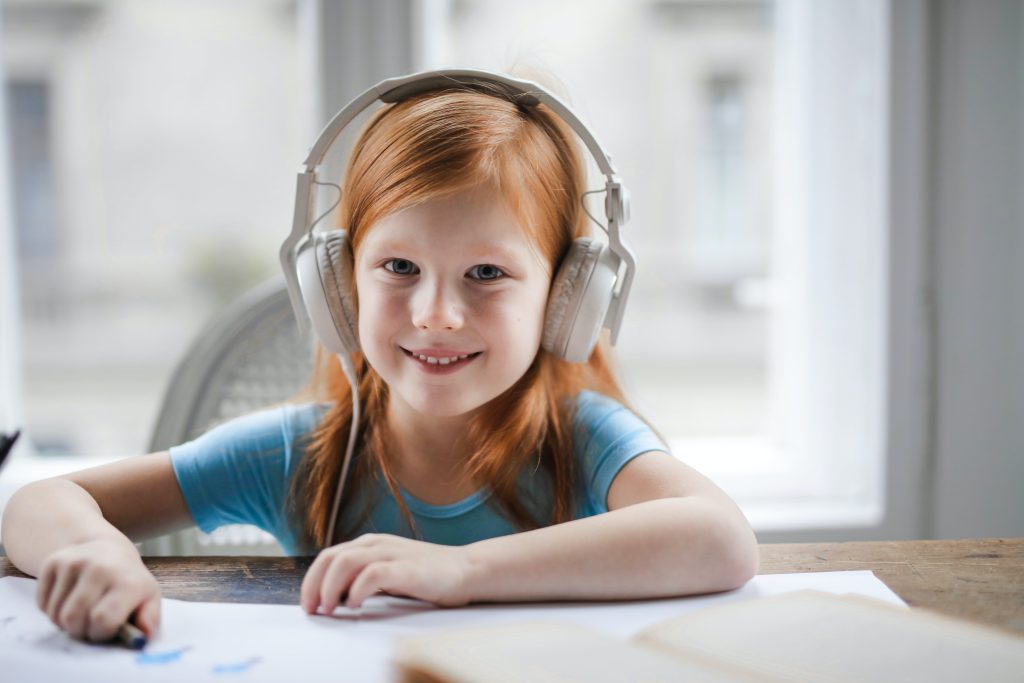
music has great educational value and can be an effective teaching tool, In addition to providing amusement and pleasure Introducing music into the classroom can be a creative method to improve learning and motivate kids. This essay will examine how music might help pupils learn and grow as cognitive beings.
- Enhancing Memory and Fostering Concentration
- Fostering Creativity and Critical Thinking
- Promoting Collaboration and Communication
- Boosting Confidence and Personal Development

The improvement of memory and focus is one of the main advantages of incorporating music into the classroom. The brain regions in charge of focus and memory are stimulated when pupils listen to music while studying or participating in educational activities. Students are therefore better able to take in and retain information, There are several methods to use music to improve focus and sharpen memory. To make learning more fun and interesting, educational songs containing crucial information that young children should learn to memorize can be taught to them.

Students benefit greatly from the use of music in the development of their critical thinking and creativity. Students’ intellectual faculties are aroused and the creative sides of brains are triggered when they interact with music. Students’ creativity can be increased by getting them involved in different musical activities, including writing songs or compositions.
Through music, students can communicate their thoughts and feelings, which develops their creative expression and critical thinking skills. Furthermore, because students must interpret musical elements in a musical piece, music can help them develop critical thinking skills. Through the analysis of sounds, melodies, and musical structures, music can help children develop their critical and analytical thinking skills.
Music can serve as an effective tool to promote collaboration and communication among students, When students work together on a collaborative music project, they learn how to interact and communicate with each other creatively and cohesively.
Through playing in a band or singing in a choir, students learn to listen to each other and adapt to others’ performances. They also learn how to collaborate in developing musical ideas and shaping a complete musical piece. These valuable social skills can transfer to other aspects of life and enhance students’ communication and collaboration abilities.
Music can also boost confidence and foster personal development in students. When students learn to perform music or play a musical instrument, they learn how to control their performance and develop their skills.
When students succeed in performing a musical piece in front of others, their confidence in themselves and their abilities increases. They feel a sense of pride and positive reinforcement, which motivates them to continue developing their skills and achieving continuous progress.
Additionally, music can enhance discipline and academic achievement in students. As students learn the rules and foundations of music, they also learn how to analyze and apply with precision. These skills can transfer to other educational domains.


